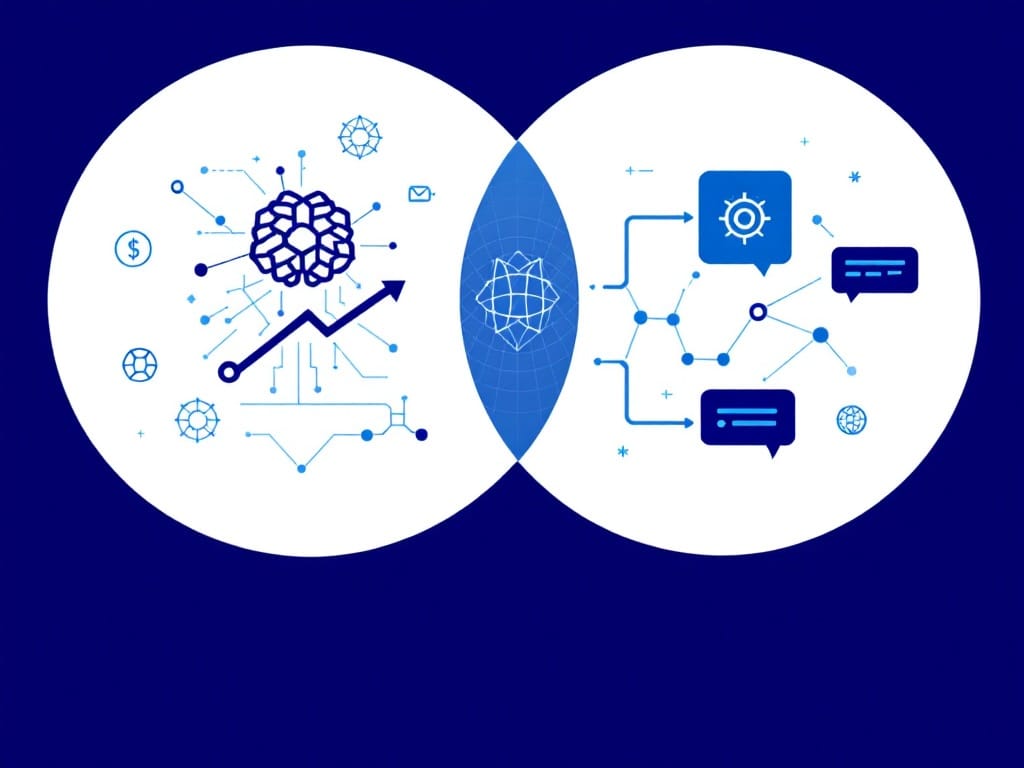First Principles Economics

Let's think about economics from human-centric principles
Axiom 1: Everyone is default valuable.
This is true in a digital economy because everything we do creates data and that data can be used in downstream economic transactions. The fact that we haven’t recognized this yet is why people are pushing back against AI training data and data collection.
This value goes up over time because we are able to capture/interpret/analyze more data about the world as technology improves. And we are able to learn. So the speed of value increase is a function of individual learning and technological learning.
Axiom 2: As the speed of technology increases, the speed of individual learning also increases.
Pre-internet days, money and learning were linked in time, because value was based on what you could do. With the internet, it is based on what you know. And we over indexed on knowing money.
The people who knew money got to dictate how much money other people were worth. This backfired in tech, because the people who knew data realized they could learn money, and this was the Silicon Valley boom that resulted in Y Combinator, where the nerds created a defense against money called a SAFE (Simple Agreement for Future Equity). This was a standardized agreement that could be passed around as the default version, so that all investors had to compete with a fair documentThis created a new problem though. The counter culture against money became the money. And they had more of it than other industries. This has distorted economic fields in reality, by creating the illusion that information is more valuable than people.
Axiom 3: Long-term agreements breaking up wealth are way too complicated to accurately divide value creation in a rapidly changing world
That’s not how economics works, though. Both sides in a transaction have to be able to calculate the risk associated with a given price. As a result, the economy optimizes toward information symmetry, because this maximizes the likelihood of a future transaction.
Axiom 4: The economy optimizes toward information asymmetry
As more and more of the world becomes visible, people are going to be realizing that the economy isn’t valuing them appropriately, and they’ll find different work. Or, the risk will feel so great and the chances of finding different work so bleak, they’ll drop into antisocial behavior.
If the perceived risk of a population gets too great, this has the potential to end in revolt.
Axiom 5: Society persists on its ability to create a predictable future for participants in it.
For a society to function well, it requires predictability. Predictability of laws, predictability of costs, predictability of cooperation. This is what the US has delivered much better than other countries. Until it didn’t, when we started digitizing things.
Axiom 6: Intelligence is the ability to predict the future
At that point, predictability started going up for people with ownership and down for people on wages.
Axiom 7: Intelligence is enough to gain a temporary lead in the economy, but that lead is shrinking
We are about to hit an inflection point where there’s a reshuffling of society because intelligence isn’t the limiting factor like it used to be. There is a lot of money wrapped up in future value that will disappear, because money is going to be extremely easy to make. People who spent a lot of time working on something that will be copied immediately will realize that doing something isn’t enough.
Axiom 8: Intelligence isn't valuable. Applied Intelligence is valuable.
You’ve got to connect with people, and as more work around intelligence is automated, there’s even more work done around the communication of what’s happening. Social media has kind of picked this up, but there are perverse incentives based on short-term attention dynamics.
Axiom 9: Applied Intelligence is a function of communication rate.
With Human Insurance, I’m going to be incentivizing people to post things about the world that end up being true, because this is worth way more than whatever hoops they need to jump through in order to make enough money from advertising.
Axiom 9: The value of an intelligent system depends on its ability to communicate changing conditions throughout the system and respond with predictions about future conditions based on the new state
There's so much communication happening right now that is valuable in local systems only, and many times, at the expense of another system. As a result, communication channels are hostile and can't be trusted by default.
Human Insurance will create trusted communication channels by verifying the information that flows through it. Then we'll leverage the economic force that network creates to crush information asymmetries rapidly and effectively, replacing those systems with better ones that reward human flourishing, not "shareholder value"
Axiom 10: Trusted communication networks can be created via aligned incentives only, not power structures.
I spent a long time untangling who has the power in the economy and understanding where it was broken. I realized that the power structures make it impossible for anyone to do the right thing. It's what creates Moloch.
Axiom 11: In order to make the best predictions, trusted communication networks have to exist between the parts of the system.
In order to defeat Moloch, we've got to remove our ego from the system and realize that the system we build is what makes us valuable.
The future isn't competitive, it's cooperative. Human Insurance believes that the most valuable future is the one you are striving for. And it helps you achieve that future.